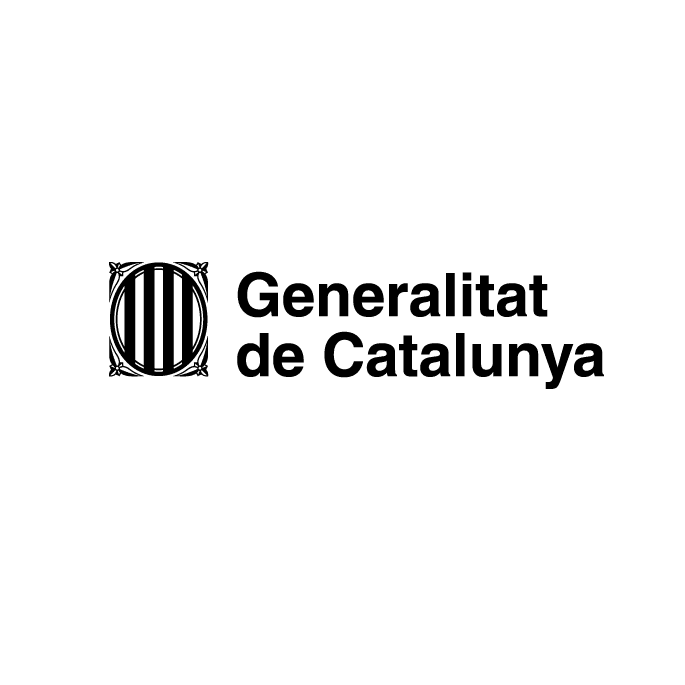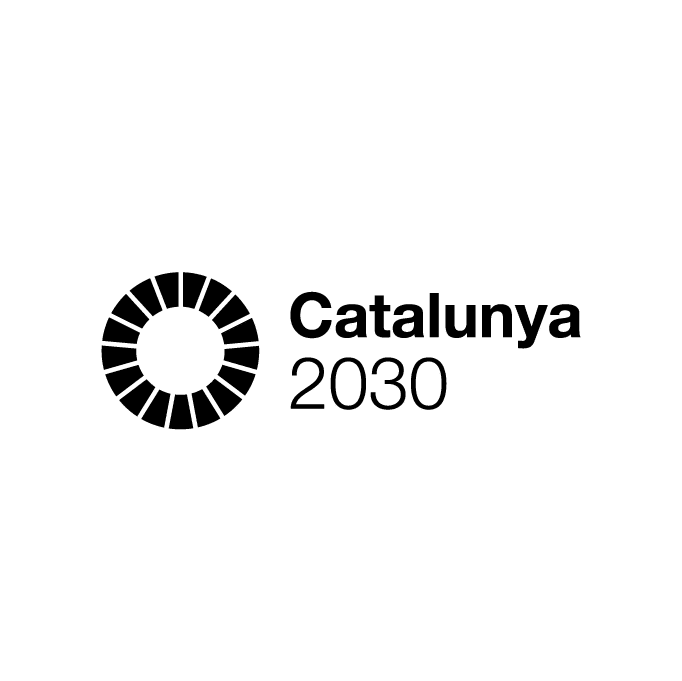Indonesia (Bali)
Is it possible to bring coral reefs back to life? Biorock Indonesia thinks so, with the help of technology and strong communities.
Indonesia has 18% of the world’s coral reefs, yet more than 30% of them are in poor condition. Their preservation and restoration is vitally important for the health of our seas, yet they face challenges such as destructive fishing practices, shipping damage, oil spills and climate change.
Coral reef restoration expert Prawita Tasya Karissa knew something had to change if Indonesia’s biologically diverse coral was going to survive under these constantly changing conditions, so when she discovered Biorock technology in 2003 she was inspired.
Biorock technology is a cement-like material that uses small electric currents underwater to stimulate limestone growth in what could be called electrified reefs. This way the coral grows faster and healthier, making it more resilient in unstable conditions. After learning about the process from inventors Professor Wolf Hilbertz and Dr Tom Goreau, Tasya wasted no time in applying it to the reefs in Indonesia. The series of pilot projects across the country, developed with other students inspired by the technology, was the start of Biorock Indonesia (established in 2015).
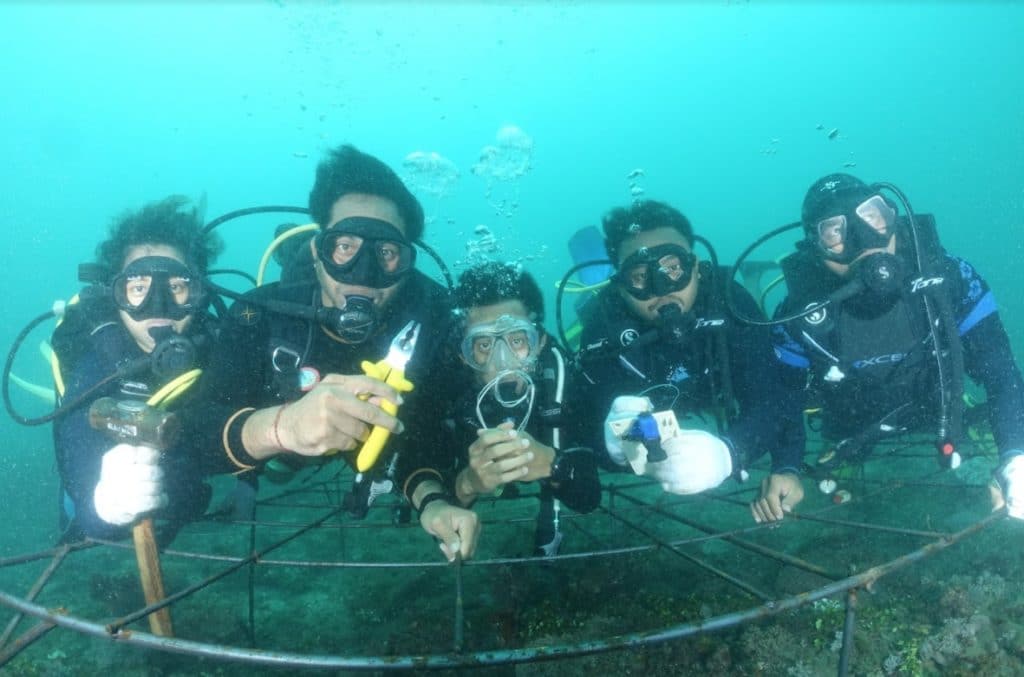
Tasya explains that in the beginning they were driven by a passion for saving the reefs. “When we began we were just students who had this idea of restoring reefs through technology, but from our experience we learned that technology is not always the answer for the problems in the field.” Through trial and error they found that along with the technology they needed to work out “how to make the reef restoration efforts really impactful for the local community.”
Creating strong communities is something Tasya takes seriously, not only in her role as the Director of Biorock Indonesia, but also in her work managing nonprofit organisations and as an advocate for women’s empowerment and equality. Her work in child protection and conservation, along with her role as a consultant for the Clean Development Mechanism and her own innovative research in the applications of Biorock technology, has given her insights into the bigger picture of coral reef restoration. As she says, you can’t fix the environmental problems without also looking at the challenges faced by the communities.
As a result Biorock Indonesia not only focuses on installing the reefs, but they also work on ways to economically support communities and to make sure they are invested in the restoration project. The team of “gardeners”, who first grow the coral in nurseries for two months before they’re transferred to the Biorock garden, also train the community about reef conservation. Once the Biorock garden is installed it takes between three to five years to grow into a healthy ecosystem, and full recovery takes decades, so this is a long-term project which can involve the community for generations.
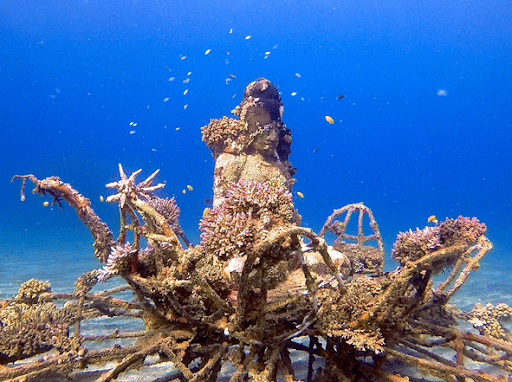
Other ways they involve the community is through Biorock Experience, an educational tourism project that takes visitors on guided snorkelling tours to introduce the technology, and their mentorship programme, which trains the next generation of “coral protectors”. In 2020 they selected 12 Indonesian youth who monitored the reef status in three sites in Bali and Ambon, collecting vital data to help improve the management and policy of reef management.
Biorock Indonesia has now trained more than 1,000 people in 13 villages so they can continue the restoration of 200 square kilometers of destroyed coral reefs and five kilometers of eroded shoreline.
Finding ways to balance quality of life with the environment has been a continual challenge, but Tasya explains that more and more people are seeing Biorock Indonesia’s holistic approach as a way forward for sustainable growth. “We are in the phase where a lot of people start to see our work and our results, and they ask us how we can make this happen on a larger scale.” Now working closely with local and national governments, Biorock Indonesia is proof that passionate students with innovative approaches can create change, one reef at a time.
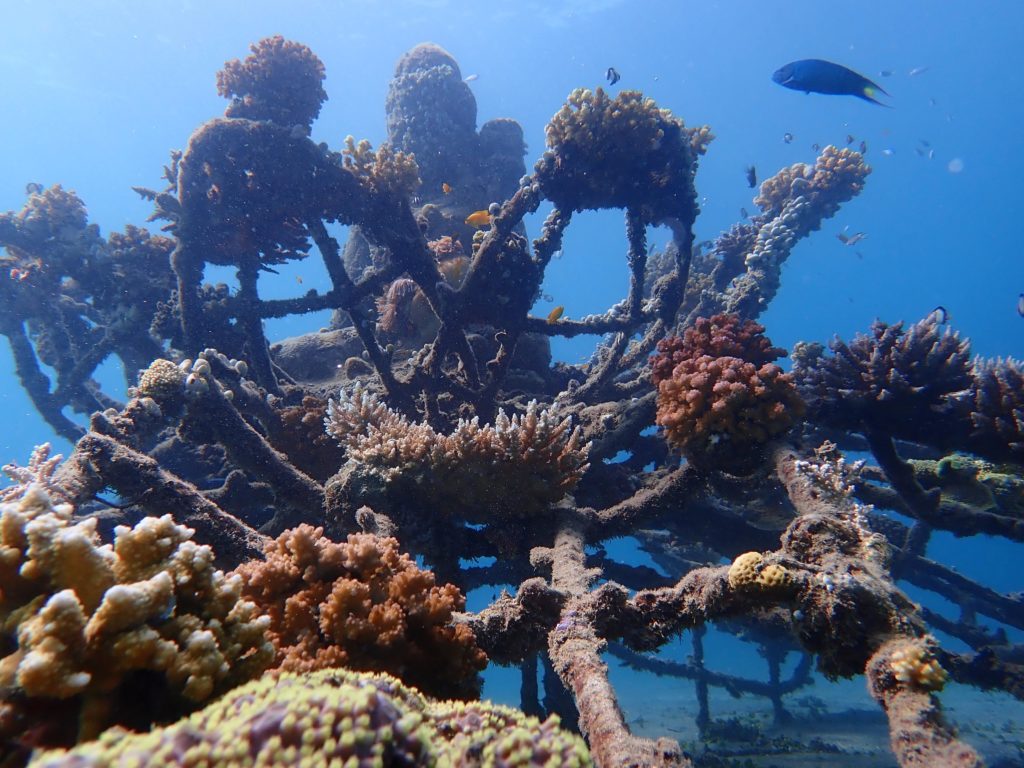
AtlasAction: Support Biorock Indonesia by adopting a baby coral or a whole garden. If you’re in Indonesia, you can visit one of their sites or contact them about their Biorock Experience educational tour.
Bio
Claire is a writer, editor and researcher based in Barcelona, with a focus on arts, cultural diversity and creative expression for social change.
Project leader
Prawita Tasya Karissa, Director
Partners
This project has been selected as part of NatureFutures, a new storytelling project that maps the innovations in wildlife, biodiversity and citizen science and the biologists, engineers, designers and entrepreneurs behind them. Atlas of the Future is excited to partner with the Government of Catalonia.
Support the Atlas
We want the Atlas of the Future media platform and our event to be available to everybody, everywhere for free – always. Fancy helping us spread stories of hope and optimism to create a better tomorrow? For those able, we'd be grateful for any donation.
- Please support the Atlas here
- Thank you!
